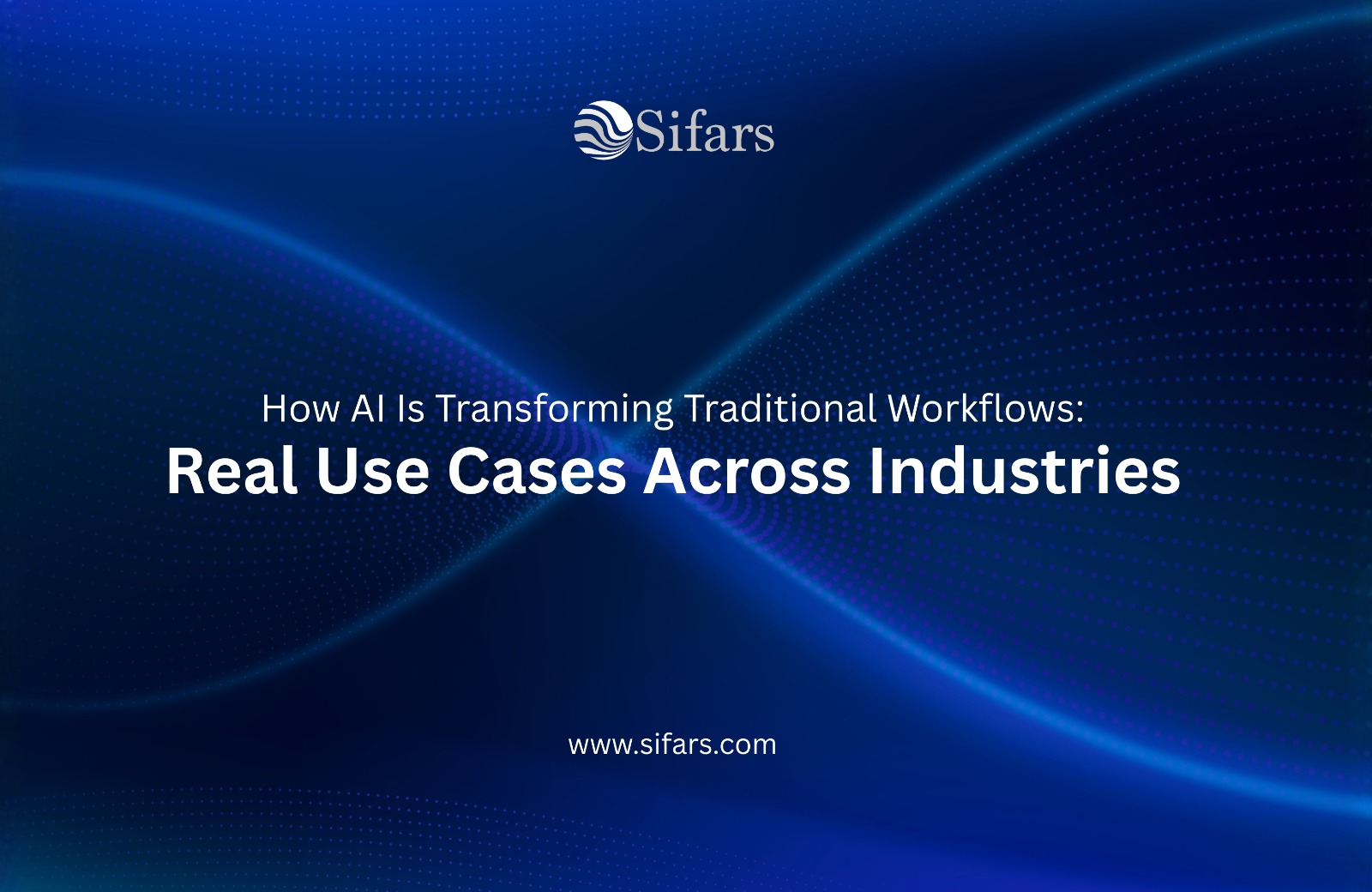Huge strategic decisions don’t slow down huge companies; thousands of little mistakes that happen every day do. Approvals by hand. Entering the same info over and over. Handovers that are late. Notifications that were missed. Departmental back-and-forth. These small problems cause a lot of tension throughout the whole company.
This friction doesn’t only waste time; it also slows down the company’s ability to move quickly, lowers innovation, and raises operational risk.
That’s when automation really makes a difference.
It’s not just about getting things done faster using automation. It’s about getting rid of hidden things that slow down productivity and keep teams from doing important work.
What Causes Operational Friction
As businesses get bigger, things get more complicated: there are more departments, processes, compliance needs, data, and interdependencies. Over time, this causes problems in the form of:
- Delays because of approvals by hand
- A lot of room for mistakes by people
- Extra checks
- Slow transmission of information between departments
- Tasks that need to be done over and over again that take up a lot of employee time
- Unclear ownership leads to gaps in workflow
These problems don’t show up all at once; they build up slowly until productivity drops and things feel “stuck.”
Automation stops this buildup from happening again and helps to reverse it.
How automation makes things easier and smoother
1. Processes that are faster and more reliable
Automated workflows send tasks right away to the next person who needs to do them, so there are no wait times or human follow-ups. It used to take days to get approvals, but today it only takes minutes.
When things move faster, people make better decisions, and the whole company moves with more confidence.
2. Less Mistakes by People
One of the major problems of running a business is having to handle data by hand. Automating data entry, checks, and transfers makes sure that everything is correct and lets teams get rid of boring jobs.
Automation doesn’t just make things go faster; it also keeps them from going wrong.
3. Getting everyone on the same page across departments
Inconsistent methods are a common cause of teams not working together. Automation makes a single, standard way for tasks to move through the organization.
Everyone follows the same steps, which cuts down on confusion, rework, and disagreement.
4. More openness and visibility
Automated systems give you dashboards, logs, and tracking in real time. Leaders don’t have to chase after updates anymore; they know:
- Who is in charge of a task
- Where there are problems
- How long things take
This openness helps solve problems weeks or months before they become big ones.
5. Operations that can grow without hiring more people
In big companies, scaling usually involves getting more people to work for them. Instead, automation lets you scale by becoming more efficient.
As processes get bigger, automated solutions can manage more work without making things more complicated.
6. Teams that are happier and more productive
When workers stop spending hours on boring or routine jobs, they have more time to work on higher-level things like ideas, strategy, innovation, and customer service.
An organization with less friction has strong morale.
Real Change: Automation Makes Chaos Work Together
Automation doesn’t take the place of people; it just gets rid of the operational noise that keeps people from doing their best work.
It helps businesses run:
- less time wasted
- not as many mistakes
- less dependence
- less escalation
- less unclear duties
And with more speed, more organization, and more faith.
Low-friction organizations will rule the future.
When businesses grow, there will always be friction. The only thing left to decide is whether the corporation will deal with it head-on or let it slow down everything from profits to projects.
Companies that use automation develop systems that work well even as teams get bigger and processes change.
These businesses come up with new ideas faster, respond faster, and change faster.
Because momentum starts when friction is away.
Ready to reduce friction in your organization?
👉 Partner with Sifars to build intelligent, automated workflows that streamline operations and scale effortlessly across teams.









